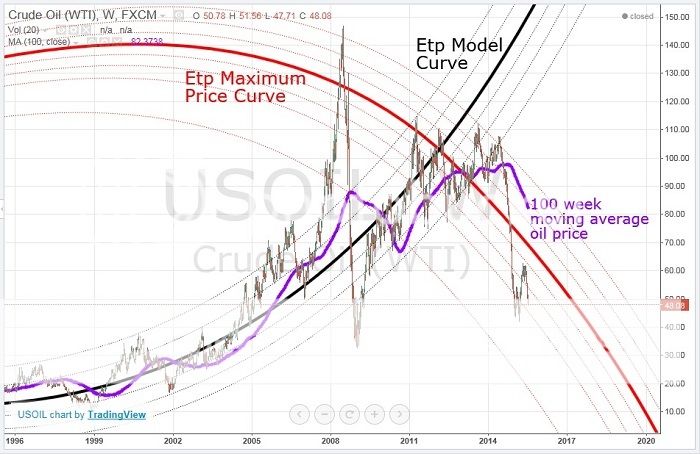Just for fun, let's enumerate what is wrong with the BW Hills extract:
The 2012 energy half way point initiated a major change in the petroleum production function.
Unclear what is meant by this: what is the "petroleum production function"? A mathematical expression? Or just another way of saying the "petroleum production process"? Or something else?
It began a process where the end consumer was no longer able to acquire all the petroleum that the industry
produced.
The end consumer never has acquired all the petroleum that is produced. There has always been consumption in the process, flaring at wells and the significant consumption of petroleum that take place in the process of refining and transport of both crude and its products.
More of the energy from petroleum was being committed to the production of petroleum
than was being delivered to the consumer.
That is saying that >50% of petroleum calories produced are now consumed by the production process. That would equate to an EROEI (energy return on energy invested) of <2. In fact, the global figure today is more like 15, though it is only about 10 in the USA. So this is utter rubbish.
This precipitated the 2014 price decline that reduced prices
by 50%.
Clearly false. By what mechanism would an increase in the proportion of energy consumed by the production process cause market prices to
decline? A reduction in oil volume available to consumers would push prices
up, so it can't be that. He must be arguing, somehow, that this alleged increase in petroleum calories consumed by its production has led to an
increase in net oil production, after all the internal consumption is allowed for. Or else for a dramatic drop in demand. But demand continues to rise. This is the heart of it - it makes no sense whatsoever.
On the contrary, it is well documented that the decline was caused by the policies of producing nations, notably KSA, to fight for market share and try to push the new frackers in the US out of business, the anticipated re-enetry to the market of Iran and by the easing of demand growth due to the China slowdown.
The energy delivered to the end consumer will continue to decline,
Except that it continues to increase, year by year, as shown here for example:
https://www.eia.gov/forecasts/steo/report/global_oil.cfm
and the end consumer maximum affordability will decline with it.
The concept of "maximum affordability" is bogus. That is not how markets work. If oil is long, compared to demand, the price will fall and if it is short the price will rise. The world economy has shown itself easily able to afford oil at >$100/bbl in recent years and there is no reason to suppose it could not do so again if required - though the advent of fracking has led most forecasters to conclude that such levels are unlikely to be reached again in the next few years.
It will be necessary for the industry to reduce production to compensate.
Yes. That is what this week's OPEC meeting was about. They failed to agree, due to the geopolitics between KSA and Iran (KSA oil minister was overruled by the Crown Prince Mohammed bin Salman.)
The highest cost production fields will continually be shut in as the price falls below their
operating minimum.
Except that the price is not continually falling. Most observers say it has now bottomed. The financial pain that KSA, Venezuela, Russia and others are feeling suggests that eventually more control on their production will come at some point. But nobody knows when, as this is driven by geopolitics.
In short, almost every line of this extract is wrong, so it is not surprising that conclusions drawn from it are barking mad.

